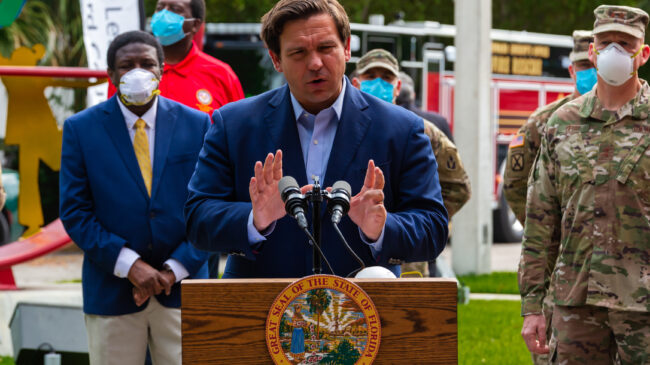It’s hard to believe that before the COVID-19 pandemic, one of the most contentious issues in public health was how to regulate electronic cigarettes. In 2019, an outbreak of lung illnesses and deaths was attributed to e-cigarettes. Confusion abounded because e-cigarettes had never been linked to such illnesses and are promoted by many public health experts as a safer alternative to smoking. E-cigarettes don’t contain or burn tobacco, so they are a dramatically safer way for smokers to consume nicotine.
What the Centers for Disease Control and Prevention (CDC) termed EVALI (e-cigarette or vaping device use-associated lung injury) spurred several states to issue executive orders banning e-cigarettes or e-cigarette flavors outright. After an exhaustive investigation, however, the CDC found nicotine e-cigarettes were not responsible for EVALI.
EVALI resulted from an existing prohibition on marijuana, with victims inhaling black market THC cartridges laced with a Vitamin E acetate. Nevertheless, the debate on e-cigarettes continued to intensify, with critics claiming vape flavors were luring kids into nicotine addiction. In response, President Donald Trump’s administration raised the federal age for using tobacco products to 21 and removed some flavors of the most popular devices from the market until the Food and Drug Administration (FDA) approves them.
In Florida, the state legislature passed a bill banning e-cigarette flavors. The bill would have killed the state’s vape shops and denied smokers the most popular alternative to cigarettes. Gov. Ron DeSantis, however, listened to Florida vapers and public health experts and vetoed the bill.
“While originally conceived as a bill to raise the legal age to buy tobacco to 21 (which is superfluous given this is already mandated by federal law), SB 810 effectively bans tobacco-free vaping flavors used by hundreds of thousands of Floridians as a reduced-risk alternative to cigarettes, which are more dangerous,” Gov. DeSantis said in his veto message.
The case for the governor’s veto has only strengthened since then. The youth vaping rate fell dramatically in 2020, before school closures and lockdowns. The Cochrane Review, the gold standard for evidence-based medicine, released a report concluding more smokers quit with e-cigarettes than with nicotine gum or patches. A study from the Yale School of Public Health found adult vapers who used the kind of flavors DeSantis saved were more likely to quit cigarettes than those who used tobacco flavors.
All e-cigarettes are now subject to review by the FDA, determining if their benefits outweigh any potential costs. If they fail this test, they will be removed from the market, preempting the need for any state prohibition.
The fears that youth vaping was somehow a gateway to smoking have also been found wanting. A report by the Taxpayers Protection Alliance shows the percentage of Florida’s high school students who smoked at least once in the past month is at a record low of 4.8 percent. Even among those young adults who could legally purchase cigarettes, the number of those smoking continues to decline.
Although Florida made the right call on vaping, other states have decided to pursue the prohibitionist path. Last June, Massachusetts became the first state to implement a ban on flavored tobacco products, including menthol cigarettes. The experiment is not going well.
According to the Tax Foundation, Massachusetts could lose over $120 million in tax revenues related to the ban in the first year. Meanwhile, cigarette sales in nearby New Hampshire and Rhode Island have skyrocketed. And the purchase of nonmenthol cigarettes jumped 14 percent in the first six months, undercutting claims the ban would reduce smoking.
Unfortunately, misinformation around vaping continues to plague much of the media, state legislatures, and the general public. In Florida, at least, the DeSantis administration refused to be taken in by moral panic on this particular issue and public health and the state’s small businesses are both better off for it.
A version of this column previously appeared in the Sarasota Observer.


